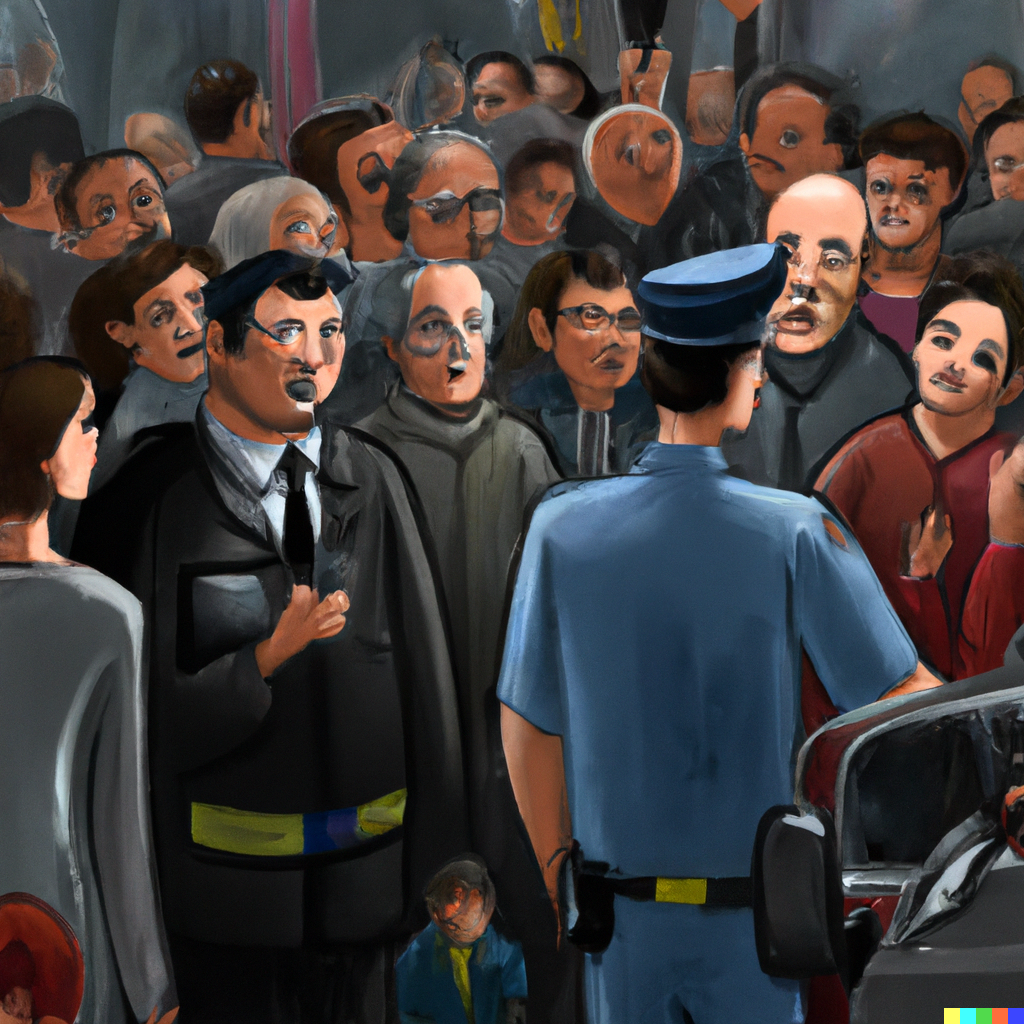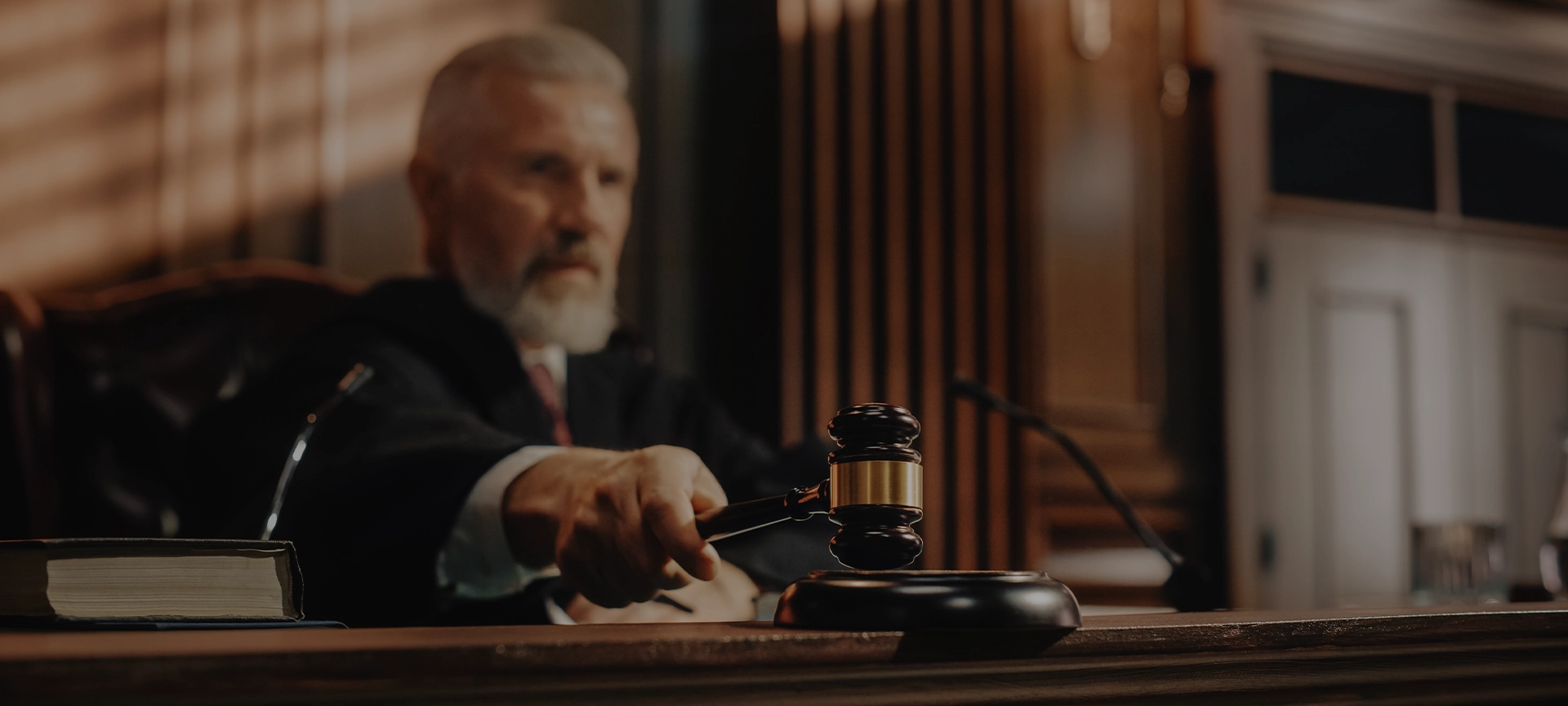Who polices the police?
The answer is simple: We do.
But all too often, our elected and appointed officials see their roles as boosters of the boys in blue instead of an essential check against police powers.
And the police officers are instilled with extraordinary powers. They can arrest, detain, use force, and conduct themselves in a manner that would land the average citizen behind bars.
Yes, the police need these powers to perform their duties. But these police powers are not inherent to policing – they exist because we have chosen to give them to the police. Part of the social and legal bargain in granting police extraordinary powers is that there must be oversight and accountability.
In Ontario, the Police Services Act creates municipal police boards to fulfill this oversight function. These boards are empowered to identify objectives and priorities for the police service and, through their resource allocation powers, shape how policing is done.
Police services boards are not designed to service the police but to hold them to account. So, when police boards abdicate their core responsibilities, the results are predictably disastrous.
The Report of the Public Inquiry into the 2022 Public Order Emergency found that the Ottawa police’s response to the trucker occupation was marked by serious intelligence, command, communication, and planning failures. This left the cops “unclear on what they were and were not lawfully entitled to do in responding to the anticipated and ongoing protests.”
This incompetence was enabled by the Ottawa Police Services Board, which Rouleau found “had a diminished view of its own role.”
It was within the OPSB’s authority to not only set policing priorities but to receive details of operational plans. But when the police refused to provide the information to the OPSB, information that was vital for the OPSB to fulfill its mandate, the OPSB proved to be overly deferential. Police must prioritize communications with police boards; if they don’t, the boards must hold them accountable.
At the Emergency Act hearing, former chair of the OPSB Diane Deans explained that the OPSB wanted their “relationship with Chief Sloly to be collaborative and did not want to create more angst for him by telling him what to do.”
As noted by Justice Rouleau, a good relationship with the chief of police cannot come at the expense of the police services board’s core duties of representing the public in holding the police to account.
There should be no confusion about the scope and importance of a police services board’s powers. The Independent Civilian Review into Matters relating to the G20 Summit (the “Morden Report”), which is now over a decade old, made it clear that police boards are supposed to shape the way policing is done.
Police boards exist to establish objectives and priorities for the police service and monitor the delivery of policing services, not write blank cheques.
But police boards are often viewed, even by their members, as subservient to the police they oversee. Time after time, police boards have proven unwilling to reign in (or even modify) the ever-increasing police budgets, insist on accountability measures, or move forward with policies like detasking police from mental health calls.
Police service boards are not doing their jobs. They are failing the communities they purportedly represent.
There may be an even bigger problem brewing at the OPSB. The Morden Report highlighted that “police boards are the intermediary between the police and the public, acting as a conduit to receive and impart information, providing a forum to ensure public sentiment makes its way to the ears of law enforcers.”
But even this basic function is under threat as thin-skinned politicians cast aside public engagement.
Councillor Cathy Curry, chair of the OPSB, in defending new by-laws that limit public participation at board meetings, said that she was sick and tired of hearing from the same people on the same topics month after month. She thinks the best way for the community to provide feedback is to attend community associations or have private communications with board members.
Curry is wrong. Public participation is key to a properly functioning police board, and the disdain that Curry displayed towards members of the public is unbecoming of her important role.
So perhaps we shouldn’t be asking who will police the police. Maybe we should ask who will ensure our police boards don’t continue their dangerous dereliction of duty.




